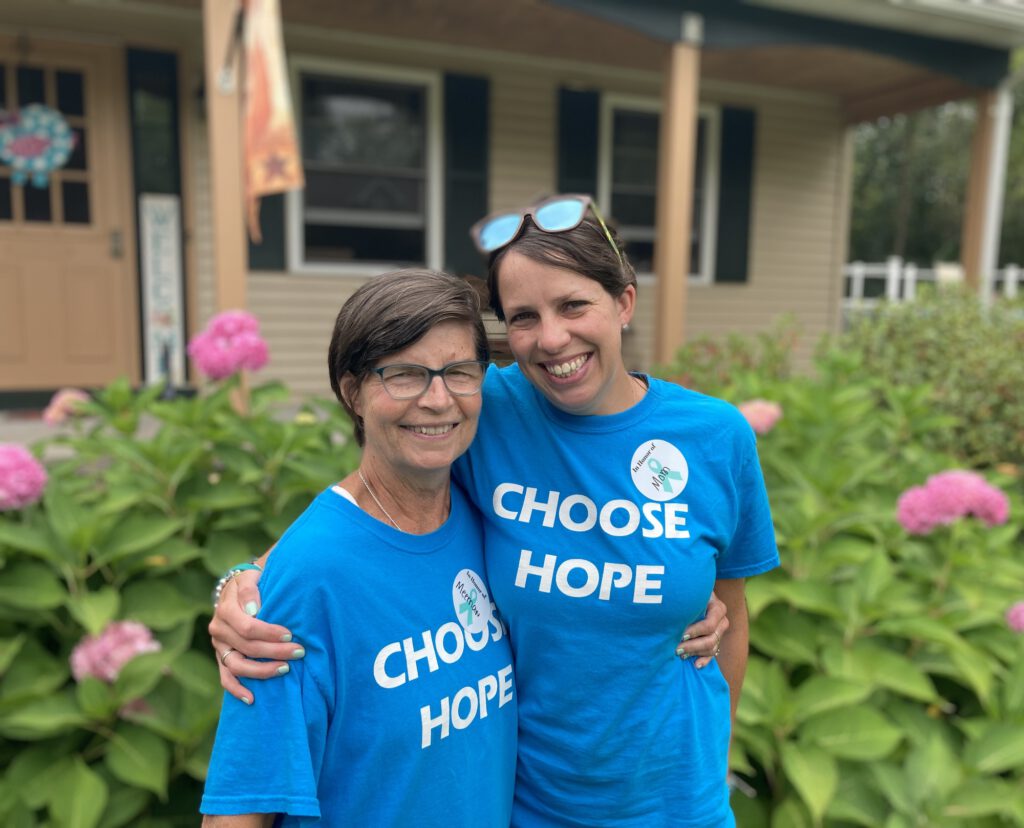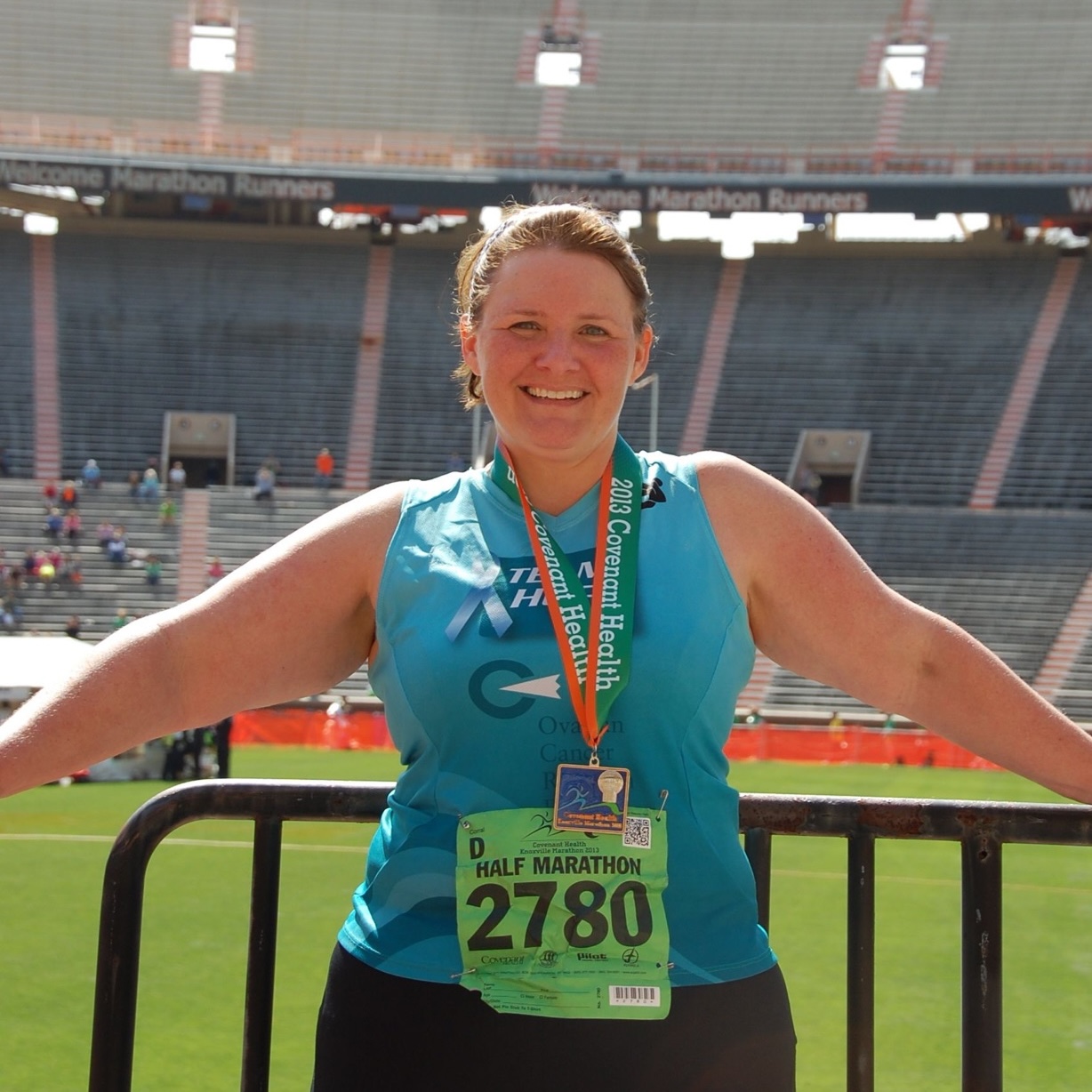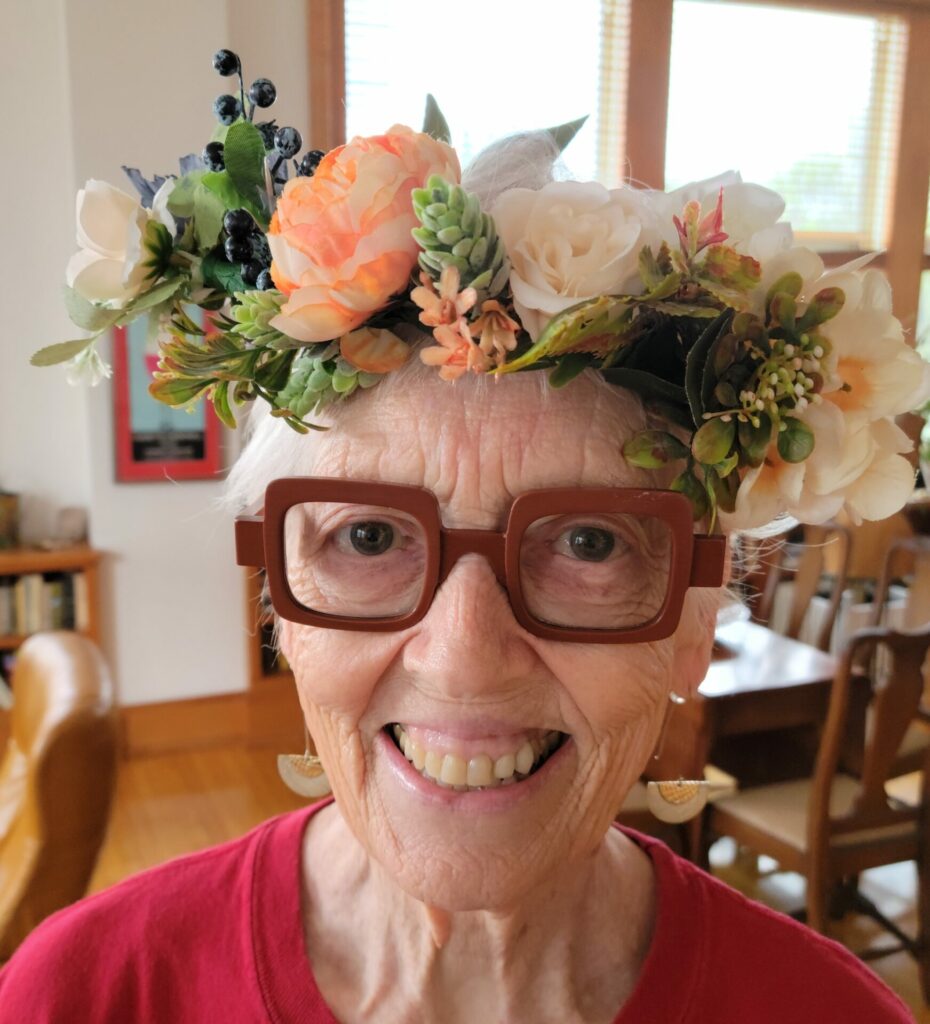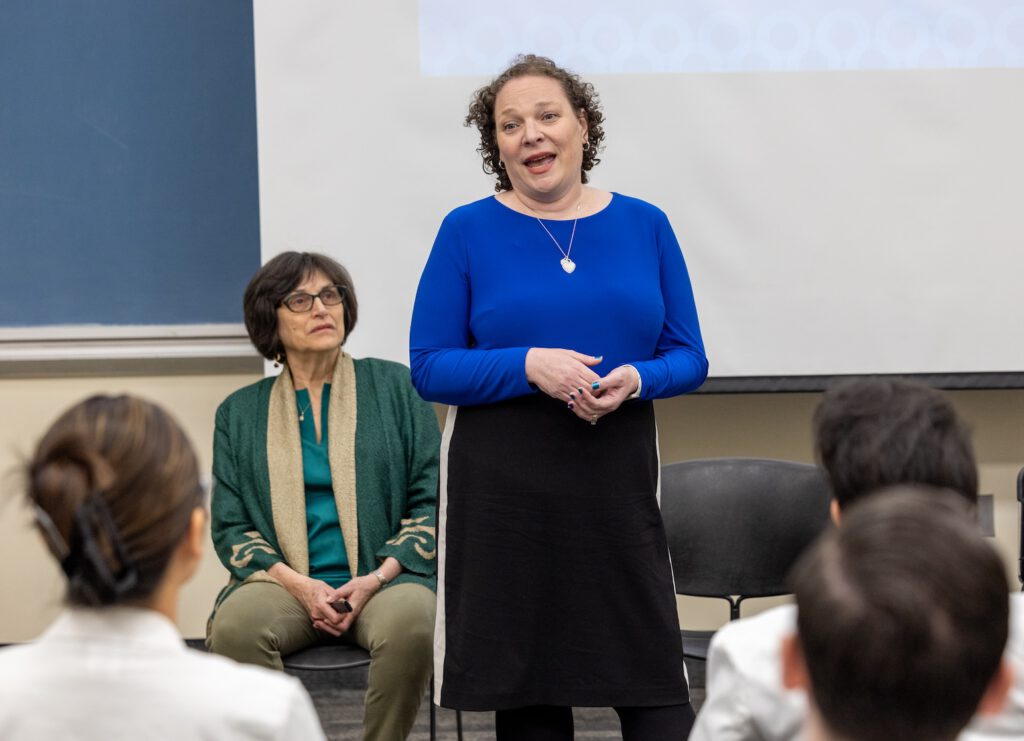
Emotional Impact
A cancer diagnosis can bring up complicated feelings and lots of questions.
Adjusting to your “new normal” after cancer treatment can be complex. Explore our resources for support and guidance.


Completing cancer treatment is a significant accomplishment. While it marks the end of one chapter, it also opens a new one filled with both challenges and opportunities. It’s normal to feel a complex mix of emotions – uncertainty, relief, anxiety, and a sense of loss as you continue to adjust to the enormity of what you’ve experienced. There is no “right” way to feel. Remember that you’re not alone and many resources are available to support you every step of the way as you enter this new phase of life.
Practical Tips, Guidance, and Resources
One of the hardest things to adjust to post-treatment is a reduction in doctor visits. Meetings with your doctor or healthcare team could take place once a month, or just a few times a year. Some patients feel unmoored or even abandoned by this change. It’s important to remember that just because you see your doctor less that doesn’t mean you have been forgotten. It can be helpful to do the following to ensure that your needs are met:
Many cancer patients are surprised by how challenging life can be after treatment ends. It’s normal to experience a range of emotions, ranging from relief to depression and a lingering fear of recurrence.
Recovery takes time. Be patient with yourself and learn what to expect post-treatment.
Finding strength together after cancer.

After surgery and eight rounds of chemo, … I decided to train for a half-marathon to prove to myself that I had won the battle. I have succeeded in completing four half-marathons with the help of my family and friends.
When cancer treatment ends, many see this as an opportunity for new beginnings.

Many survivors find that focusing on their overall well-being helps give them perspective after treatment.
Consider exploring:
OCRA offers many ways for survivors to get involved and make a difference. We welcome all participation and support. Your experience is powerful. Use it to positively impact your community.

A cancer diagnosis can bring up complicated feelings and lots of questions.

Join us for weekly or monthly psychoeducational workshops and find a community that offers wisdom, support, and connection.

Whether advocating on Capitol Hill, being there for someone who is newly diagnosed (or their family members), or ensuring that future medical professionals understand the needs of patients, learn how you can get involved.
Get email updates about research news, action alerts, and ways to join the fight.